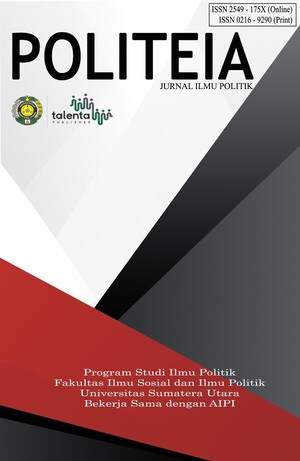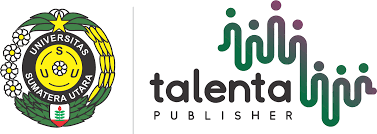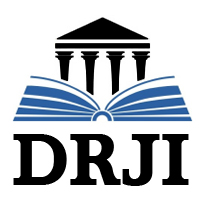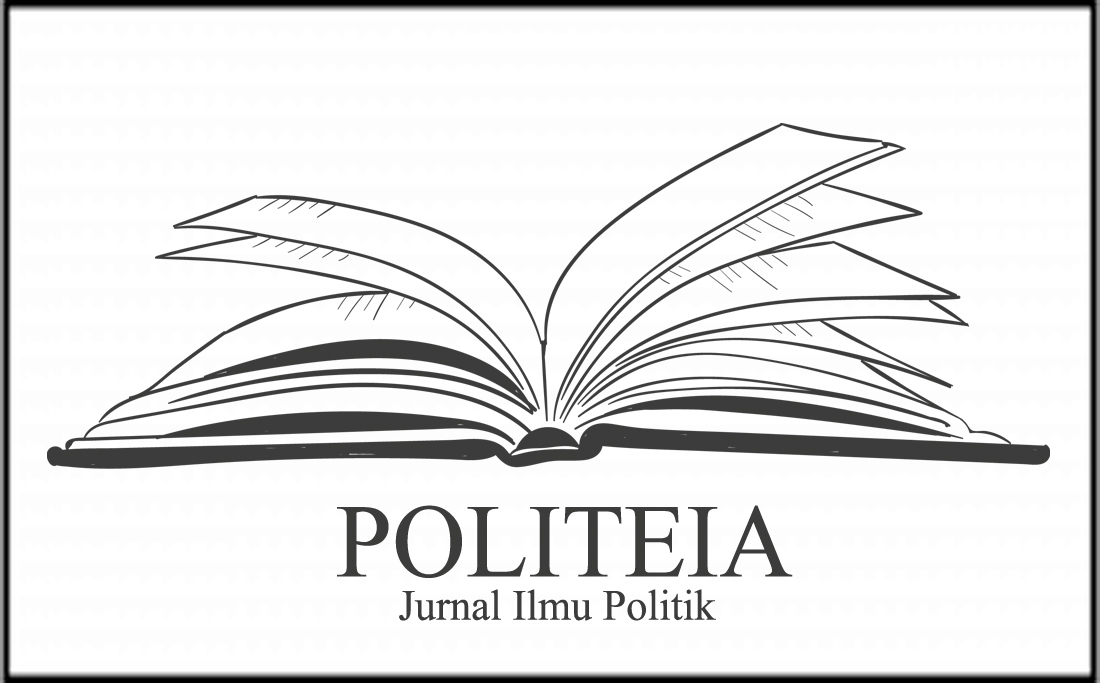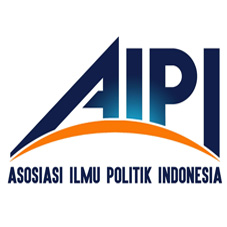Research Trends on Public Sphere Democracy in 2023-2024: A Systematic Literature Review
DOI:
https://doi.org/10.32734/politeia.v17i1.16200Keywords:
Research, Public, Sphere, DemocracyAbstract
The study aims to observe the trends of research carried out by various researchers around the world discussing the public sphere, especially in democratic countries, throughout the years 2023–2024, which will eventually be concluded on the basis of the findings of this study. In conducting research, the method of systematic literature review is used, which uses 131 scientific articles sourced from the database. Then the entire review uses the Vosviewer application as a basis for doing analysis. The research revealed that there was a significant decrease in the writing of articles on the subject of public sphere democracy as the number of articles available in the Scopus database decreased from 2023 to 2024. Then it was found that the average author had the same number of works, i.e., two articles uploaded to the Scopus database. The United States ranked first as the country with the most posts on the subject of public sphere democracy, with a total of 28 articles, followed by Germany, which ranked second, and the United Kingdom, which ranked third. The scope of public sphere democracy research topics provides dominant indicators in the social sciences with specific keywords such as political, public, power, study, and state. The results of this research contribute to the development of a research roadmap on public-sphere democracy. The research has the limitation that the articles used as research references only come from Scopus databases, so the research findings cannot comprehensively describe the issue of public-sphere democracies. So further research needs to use scientific articles that come from other reputable international databases, such as the Web of Science and Dimensions Scholars.
Downloads
Downloads
Published
Issue
Section
License
Copyright (c) 2025 Politeia: Jurnal Ilmu Politik

This work is licensed under a Creative Commons Attribution-ShareAlike 4.0 International License.
